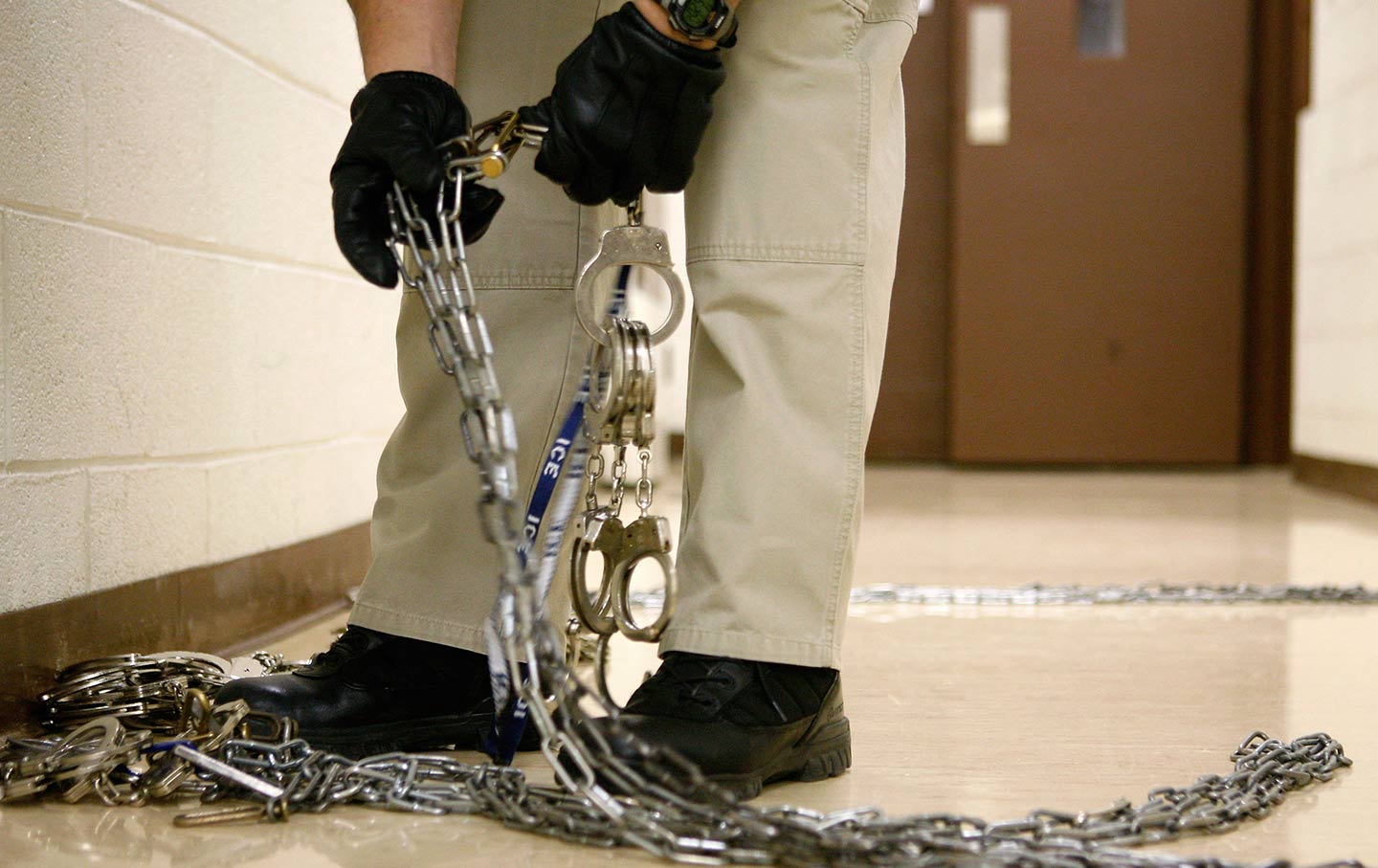
Last week, the Department of Justice released its annual survey of prisons.
Reports showed that over 1.6 million people are incarcerated in federal or state penitentiaries. The report shows that although the growth of imprisonment is down, the number of people in prison is still increasing, up more than 12,000 people from last year. The number continues to grow even as crime goes down, despite lack of evidence that incarcerating people is an effective public safety strategy.
As states continue to grapple with budget crises, its time for policymakers to consider cost-effective alternatives to incarceration.
Highlights from the report:
- Twenty states reported a reduction in their prison populations since 2007.
- Fewer people were admitted to prison in 2008 than previous years.
- The number of people released is still less than the number of people admitted.
- Decreases in the number of blacks and increases in the number of Hispanics in prison have little effect on the disproportionate impact of the criminal justice system on communities of color.
- Black men are 6.5 times more likely to be in prison than white men.
- Prisons continue to grow even as crime continues to fall.
- More needs to be done to address disproportionate minority contact with the criminal justice system.
- Correctional agencies must address re-entry needs long before returning prisoners to the community.
- Investing in effective public safety strategies can provide long-term, cost-effective solutions.
My opinion? The findings speak for themselves, and galvanize the age-old issue in criminal jurisprudence: whether rehabilitation or punishment more effective deals with criminal defendants. Some background: in the 60’s -70’s, our governments were more open to rehabilitating defendants away from their criminal lifestyles.
In the 80’s and 90’s, however, the rehabilitative approach was slowly abandoned. This happened for many reasons. First, it was difficult to quantify recidivism rates for “rehabilitated” defendants. Additionally, states found ways to make money from the criminal justice system.
In short, more prisons brought increased employment and government funds to states which badly needed the economic injection. Third, it became popular to beat up on criminals. Finally, the “War on Drugs” catapulted an outcry for more police, stricter drug laws, and a “lock ’em up & throw away the key” mentality.
These days are different. We’re seeing the “War on Drugs” failed. We’re noticing that incarcerating people is an expensive luxury. We’re realizing that budget crises in the criminal justice system force us to be more creative.
Please contact my office if you, a friend or family member are charged with a crime. Hiring an effective and competent defense attorney is the first and best step toward justice.















